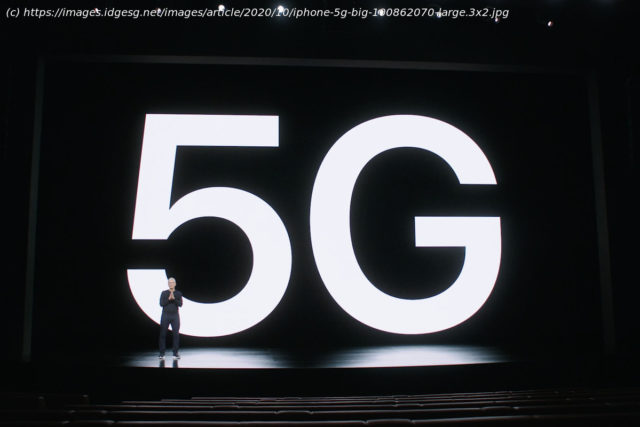Here’s what you really need to know about this next-gen wireless technology.
It’s all needlessly confusing, too. The carriers are trying to bamboozle us with big bandwidth numbers, misleading coverage maps, and confusing claims that have little to do with reality. Here’s what you really need to know about 5G and how it’s going to impact you as an iPhone user. Simply put,5G is the next major step in mobile wireless technology. A very simplified description of the mobile generations looks like this: In the short term, you probably shouldn’t. It’s going to take some time before 5G networks are really available everywhere and nearly any mobile device you want to use can access them. For the most part, you can expect your first 5G phone to offer real-world download speeds ranging from a hundred megabits per second to over a gigabit per second. Depending on your location, phone, and bunch of other variables, you can realistically expect it to be between 50% and 10 times faster than LTE service. Over the years, as 5G networks and devices improve and include more parts of the complicated 5G specification, those speeds will go way up. Years from now, we may see multi-gigabit download speeds and upload speeds over one gigabit in the best circumstances.5G networks also promise better management of congestion and much lower latencies (the gap in time between data leaving your device and reaching its destination). It should feel a lot more like being on Wi-Fi than on a cell network.5G speeds are eventually going to be fast enough, with low enough latency, to serve as your home internet connection, and some providers have plans to do just that. You’d have a fixed antenna on your house or apartment and receive your home internet data transmission over the air. That’s why 5G is important: It will eventually make your phone feel like being connected to a very fast Wi-Fi connection everywhere you go, and could provide some much-needed competition in residential internet access. All three major carriers offer mobile 5G service, but it comes with a big asterisk. Even in cities where 5G is offered, it is usually only available in very limited areas.






![Czy Joe Biden ma szansę obrobić straty po debacie CNN? [OPINIA]](http://nhub.news/wp-content/uploads/2024/06/thumb7fa1ff25146ac9995e9686b2dcc7bb5e-100x75.jpeg)